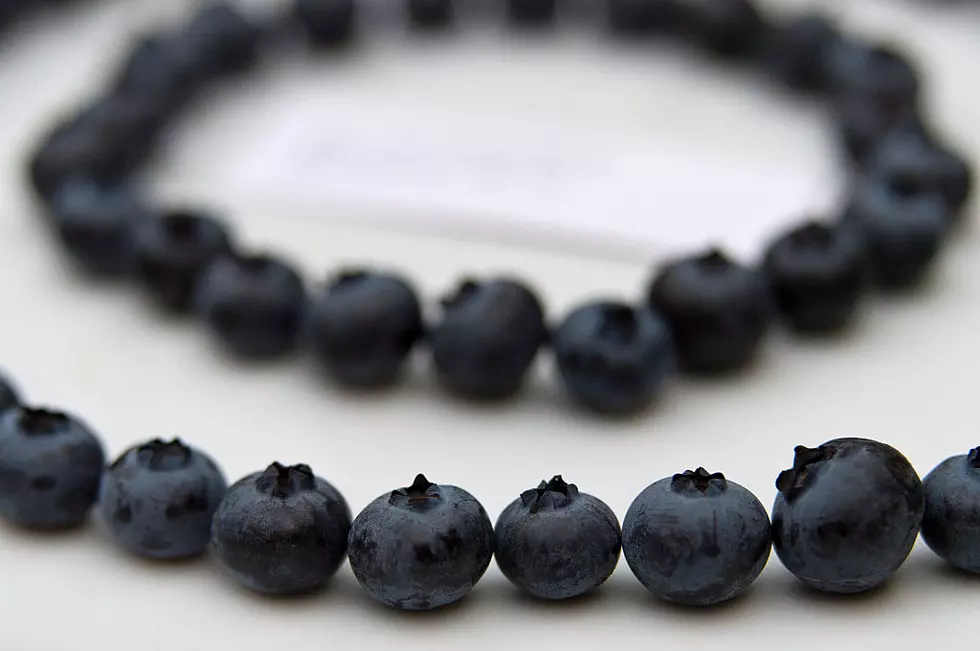
Dighton Fire Department Offers Safety Tips for Local EEE Presence
DIGHTON – Fire Chief and Emergency Management Director Christopher Maguy announces that the Eastern Equine Encephalitis (EEE) virus has been confirmed in mosquitoes tested in Dighton.
The Massachusetts Department of Public Health (MDPH) has confirmed that the EEE virus has been detected in mosquitoes collected from the western part of Dighton.
EEE is a rare but serious illness spread by the bite of an infected mosquito. While EEE can infect people of all ages, people under 15 or over 50 years of age are at the greatest risk for serious illness.
"During this time of year it's great to be outside, especially in the early evening hours when the temperature begins to cool," Chief Maguy said.
"That is also the time that mosquitoes come out and start biting. Please be mindful of the peak hours that mosquitoes are out and make sure your young children are not exposed to bug bites while outside."
Chief Maguy recommends the follow safety precautions offered by the MDPH to protect yourself and your loved ones:
Avoid Mosquito Bites
Be aware of peak mosquito hours: The hours from dusk to dawn are peak biting times for many mosquitoes. Consider rescheduling outdoor activities that occur during the evening or early morning. If you are outdoors at any time and notice mosquitoes around you, take steps to avoid being bitten by moving indoors, covering up and/or wearing repellent.
Clothing can help reduce mosquito bites: Although it may be difficult to do when it's hot, wearing long sleeves, long pants and socks while outdoors will help keep mosquitoes away from your skin.
Apply insect repellent when you go outdoors. Use a repellent with DEET, permethrin, picaridin, IR3535 or oil of lemon eucalyptus according to the instructions on the product label. DEET products should not be used on infants under two months of age and should be used in concentrations of 30 percent or less on older children. Oil of lemon eucalyptus should not be used on children under three years of age. Permethrin products are intended for use on items such as clothing, shoes, bed nets and camping gear and should not be applied directly to your skin.
Mosquito-Proof Your Home
Drain standing water: Many mosquitoes lay their eggs in standing water. Limit the number of places around your home for mosquitoes to breed by either draining or getting rid of items that hold water. Check rain gutters and drains. Empty any unused flowerpots and wading pools and change water in birdbaths frequently.
Install or repair window and door screens: Some mosquitoes like to come indoors. Keep them outside by having tightly-fitting screens on all of your windows and doors.
Information about EEE and reports of current and historical EEE virus activity in Massachusetts can be found on the MDPH website at www.mass.gov/dph/mosquito.
More From WBSM-AM/AM 1420









